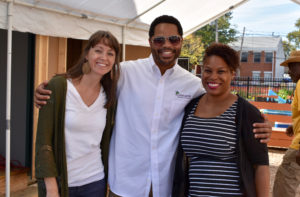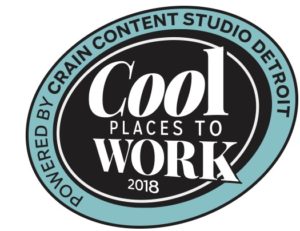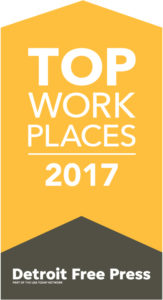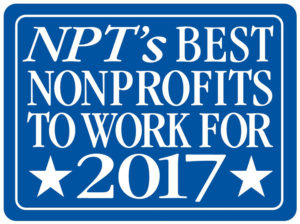
A career at Cinnaire opens countless opportunities for employees to build their skills, push limits and uncover their potential. What makes Cinnaire a great place to work? By putting people first, we strive to be a force for positive change in our people’s lives and the communities we serve. From above industry benefits and unlimited personal time off to mentoring and training, our ethos is deeply rooted in inclusion, opportunity and development. The result? An incredible spirit of individuality, collaboration and commitment to purpose has evolved. It’s our culture of life.
[button href=”https://cinnaire.com/careers/diversity-inclusion/”]Statement of Diversity and Inclusion[/button] [button href=”https://cinnaire.com/culture/career/currentcareeropp/”]Current Career Opportunities[/button]




